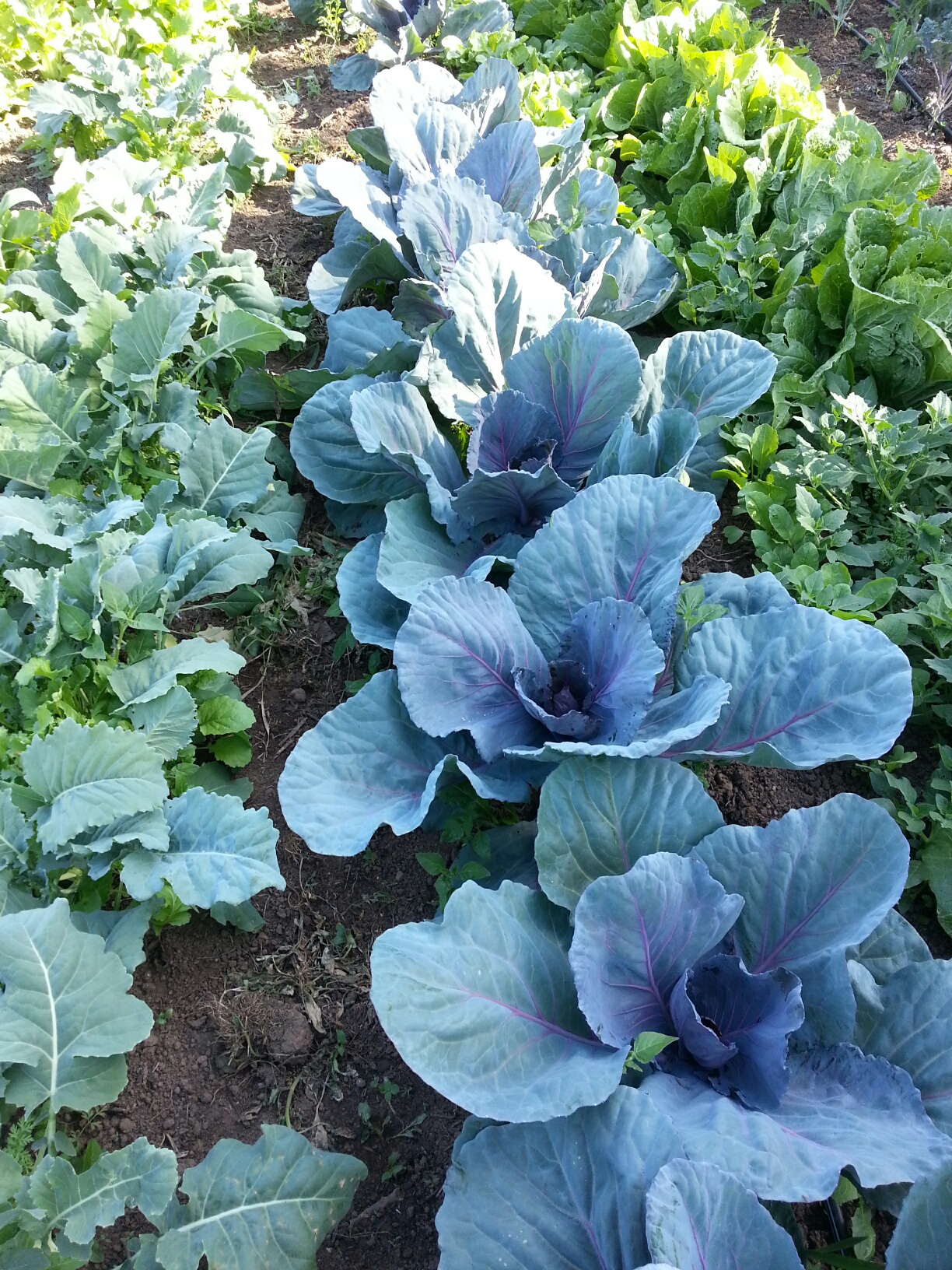Organic agriculture is a solution to many threats facing Oregon–climate change, declining rural communities, and troubling health inequities. Growing organic acreage in Oregon is a way to build carbon-sequestering healthy soils, improve rural economic development, reinvest more dollars in local economies, and create better regional food system resilience. FoFF has long recognized the many wins of organic agriculture and is a part of the organic workgroup established by the Senate Environment and Natural Resources Committee during the 2020 Session to begin creating an Organic Action Plan. There is a movement afoot to help states better understand and support organic agriculture through “Organic Plans.” See CCOF’s Road to an Organic California for an example.

In broad strokes, the Oregon workgroup, organized by the Oregon Organic Coalition (OOC), which represents members of the organic trade and related community, laid out the initial Organic Action Plan. The Organic Action Plan is not in any way regulatory, but rather aims to support and grow the industry through mechanisms such as advocating for funding for additional OSU Extension positions that focus on organic production. The Organic Action Plan, in its current state, is a living document that is still being developed. However, “low-hanging fruit” legislative asks that build on past OOC legislative successes, have been identified and will be pushed this session as the pandemic has highlighted the need to invest in our regional food systems infrastructure.
At the request of the OOC, two pieces of legislation have been introduced this session. SB 404, as amended, aims to increase support for Oregon’s organic industry as soon as possible. HB 2269 will be utilized as a legislative vehicle to raise awareness and advance the goal of creating the Oregon Organic Action Plan.
And again, this work is being done to increase public support, information, resources, and technical assistance that should be available for the organic sector to strengthen it–not burden the industry with more regulations.
After amendments are completed, SB 404 will have the below provisions and likely will be scheduled for a short hearing in early March.
- Increase funding for the Center for Small Farms and Community Food Systems at OSU Extension Services to hire a cluster of 5 Organic Specialists. These positions would be tasked with providing technical assistance and research-oriented solutions to organic and conventional farmers who are interested in site-specific support for regenerative solutions and practices.
- Create two new positions at the Oregon Department of Agriculture—a Soil Health Specialist reflecting ODA’s interest in supporting more climate-friendly agricultural practices for Oregon; and an Organic Policy Special Assistant to the Director to oversee increased marketing of organic products, facilitation of more national and international trade in Oregon’s organic products, and coordination of ODA’s activities across the agency in support of Oregon’s organic sector.
- A legislative directive to the Oregon Business Development Department to conduct a comprehensive economic analysis of Oregon’s organic sector.
- A provision ensuring that organic products in Oregon are eligible for purchase by recipients of the Women, Infants and Children (WIC) public assistance program.
HB 2269 is an ideal opportunity for organic stakeholders to continue lawmaker education and awareness for growing the organic sector. The OOC envisions holding a largely informational hearing, likely sometime in April, when bills are in the midst of crossing over chambers and more committee time can be allocated. It will be an opportunity for broad public and stakeholder participation in a public hearing focused on increasing understanding of the benefits and advantages of organic agriculture. The hearing won’t per se focus on specific provisions now found within HB 2269, but instead more broadly on the ongoing efforts to craft a visionary Organic Action Plan.
The hearing will be a way to get input and answers to questions the OOC seeks input on to help guide the next iteration of the Oregon Organic Action Plan:
- What can Oregon do to increase certified organic acreage in the state?
- What can Oregon do to increase financial revenue, retention, and viability of organic farms, processors, wholesalers, and retailers?
- What can Oregon do to expand organic markets and increase the number of transitioning organic farmers, processors, wholesalers, and retailers?
- How do we improve coordination and creation of organic farm and food processing infrastructure?
- How can Oregon provide education to support job training and a professional development pipeline to enable continued growth and economic opportunity in the organic sector?
- What can be done to improve the environmental impact of agriculture—to advance soil health, water and air quality, integrated pest management and carbon sequestration?
- And through it all, how do we collectively bring about more justice to our food system, our labor system, and our sustainable economy?
Some of Oregon’s most powerful legislators have asked how Oregon can better support and assist the organic industry, and the OOC is always looking for broad stakeholder participation to help develop proposals in response. If you are interested in giving input, please contact our Policy Director at amy@friendsoffamilyfarmers.org.

